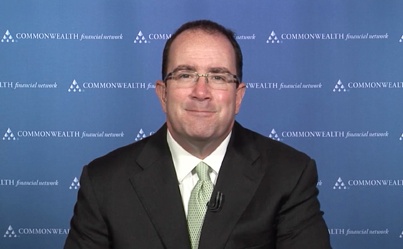October was a terrific month for the markets. U.S., developed, and emerging markets were all up. Companies are making money, and stock markets are positive. Plus, despite three of the worst storms in U.S. history, consumer and business confidence grew. This is a very positive sign. On the corporate earnings front, however, there is some worrisome headline data. Still, profit growth continues to beat expectations.














